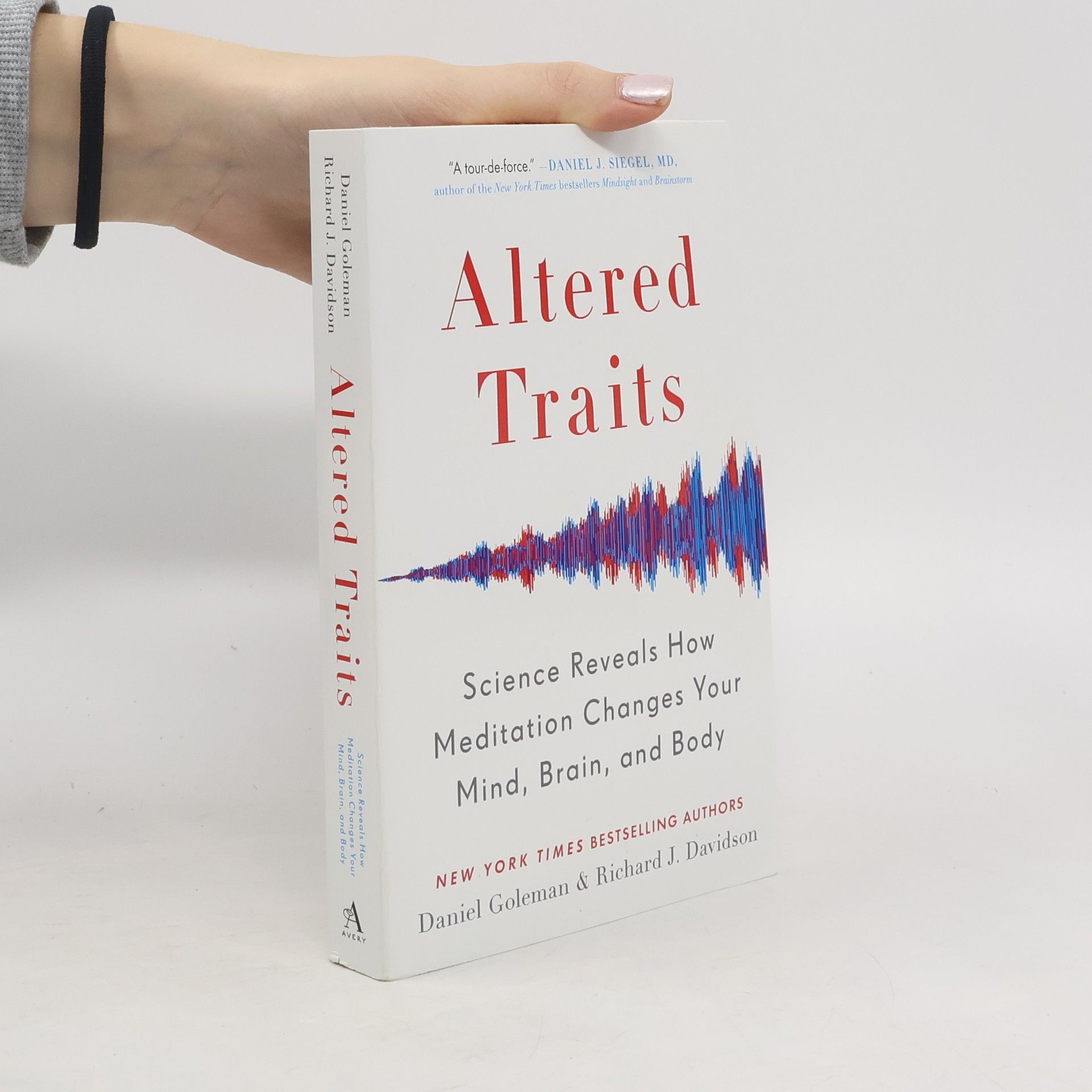Das bunte Gefühlsleben unserer grauen Zellen Was hat Neuroplastizität mit unseren Gefühlen zu tun? Richard Davidson ist einer der weltweit führenden Gehirnforscher und beschäftigt sich seit vielen Jahren mit der Frage, wie die Vorgänge im Gehirn unsere Gefühle beeinflussen. Zusammen mit der Wissenschaftsjournalistin Sharon Begley stellt er ein faszinierendes Modell über den Ursprung, die Macht und die Formbarkeit unserer Emotionen vor. Im Zuge seiner Forschungen hat Davidson sechs emotionale Stile analysiert, die spezifische, exakt lokalisierbare neuronale Netze zur Grundlage haben. Diese Stile beschreiben die Art und Weise, wie Menschen auf das Leben reagieren – und bestimmen, ob jemand mitfühlend, positiv gestimmt, ängstlich oder schüchtern ist. Davidsons wichtigste Erkenntnis ist: Aufgrund der Neuroplastizität unseres Gehirns können wir mit Übungen und durch Meditation unsere Gefühle ändern – und damit entscheidend unser Wohlbefinden und unsere Lebensqualität beeinflussen. Ein spannendes Wissenschaftsbuch, das uns zeigt, wie ein klügerer Umgang mit unseren Emotionen gelingen kann. Der Titel ist auch als Taschenbuch-Ausgabe unter dem Titel »Warum regst du dich so auf?« bei Goldmann erschienen.
Richard J. Davidson Bücher
Richard Davidson schafft Erzählungen, die spannende Mysterien mit tiefgründiger Kontemplation verbinden. Seine Kriminalromane, Teil einer fortlaufenden Serie, tauchen in komplexe moralische Zwickmühlen ein und bieten den Lesern verschlungene Handlungsstränge. Jenseits der Fiktion erweitert Davidson seine Erkundungen in den Bereich der Selbsthilfe und gibt Anleitungen für verbesserte Entscheidungsfindung im Leben. Sein Schreiben zeigt eine vielfältige Bandbreite von Interessen und einen scharfen Einblick in die menschliche Verfassung.
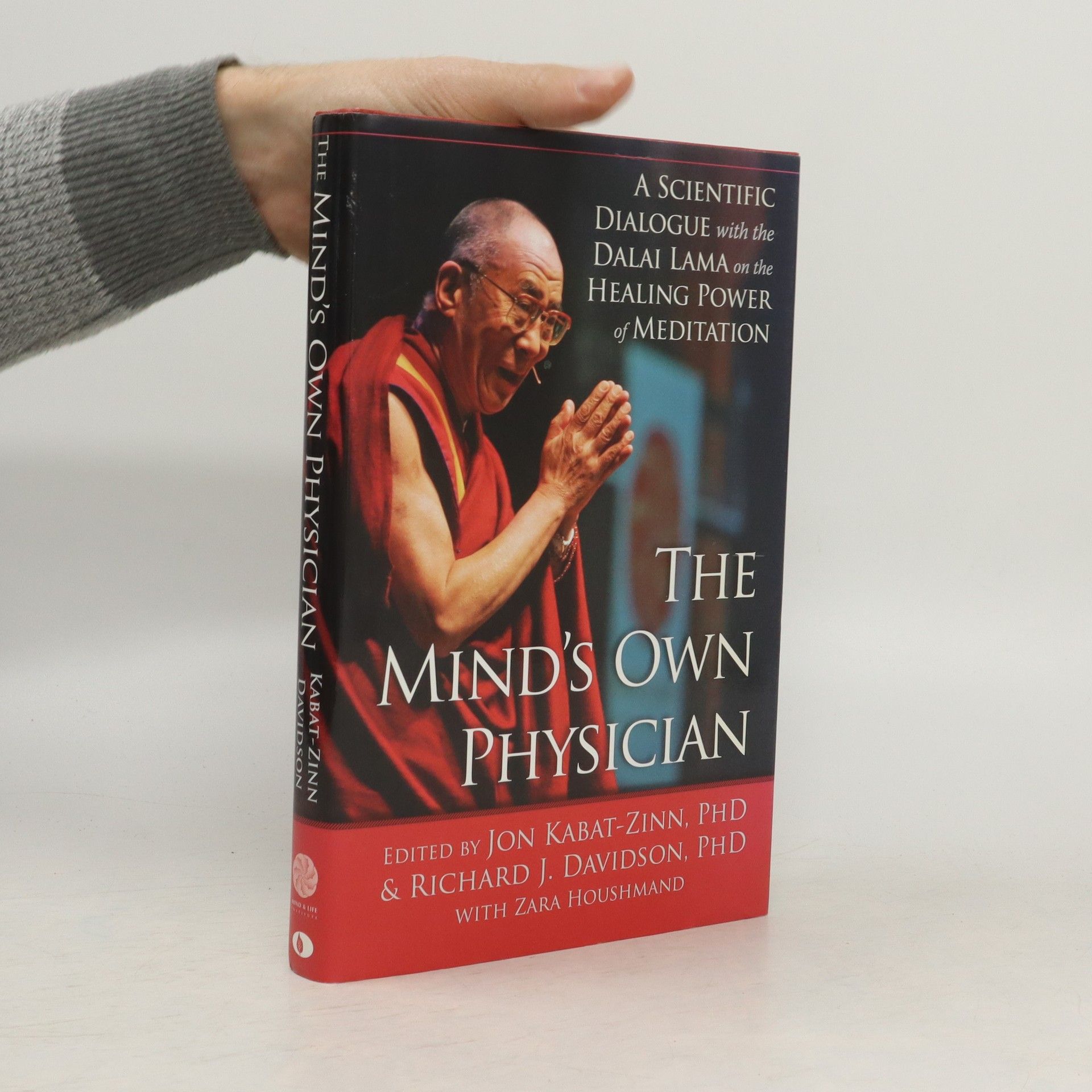
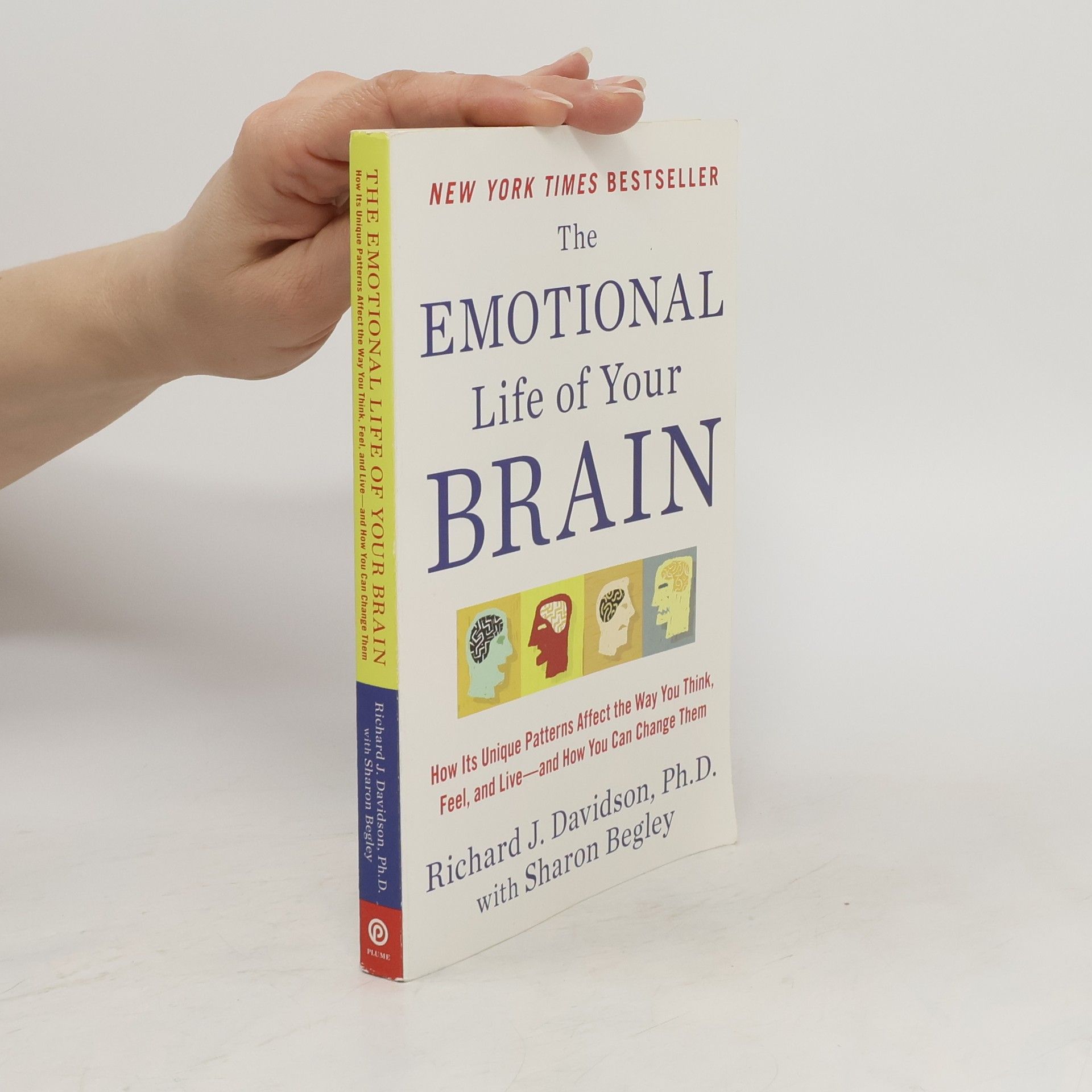

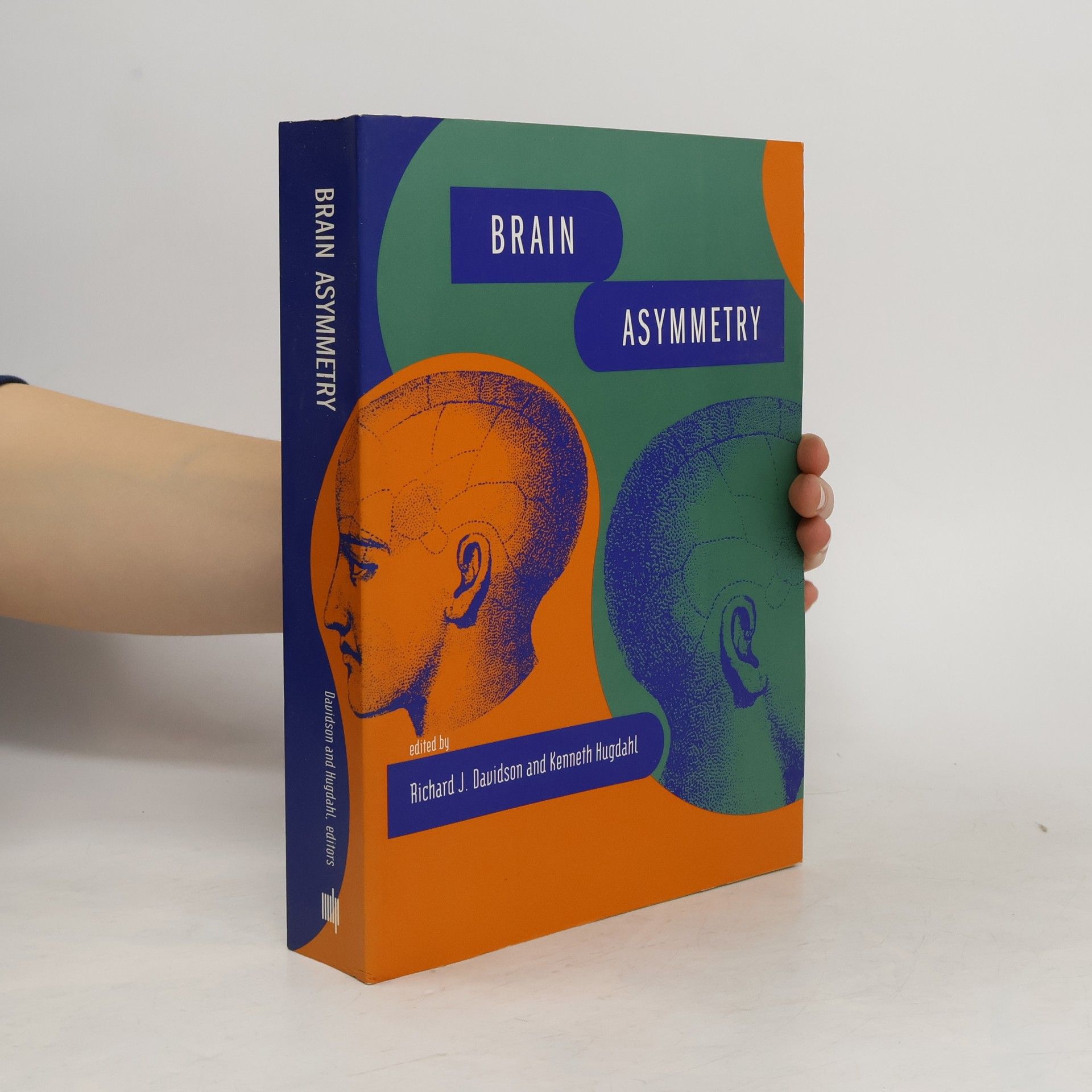

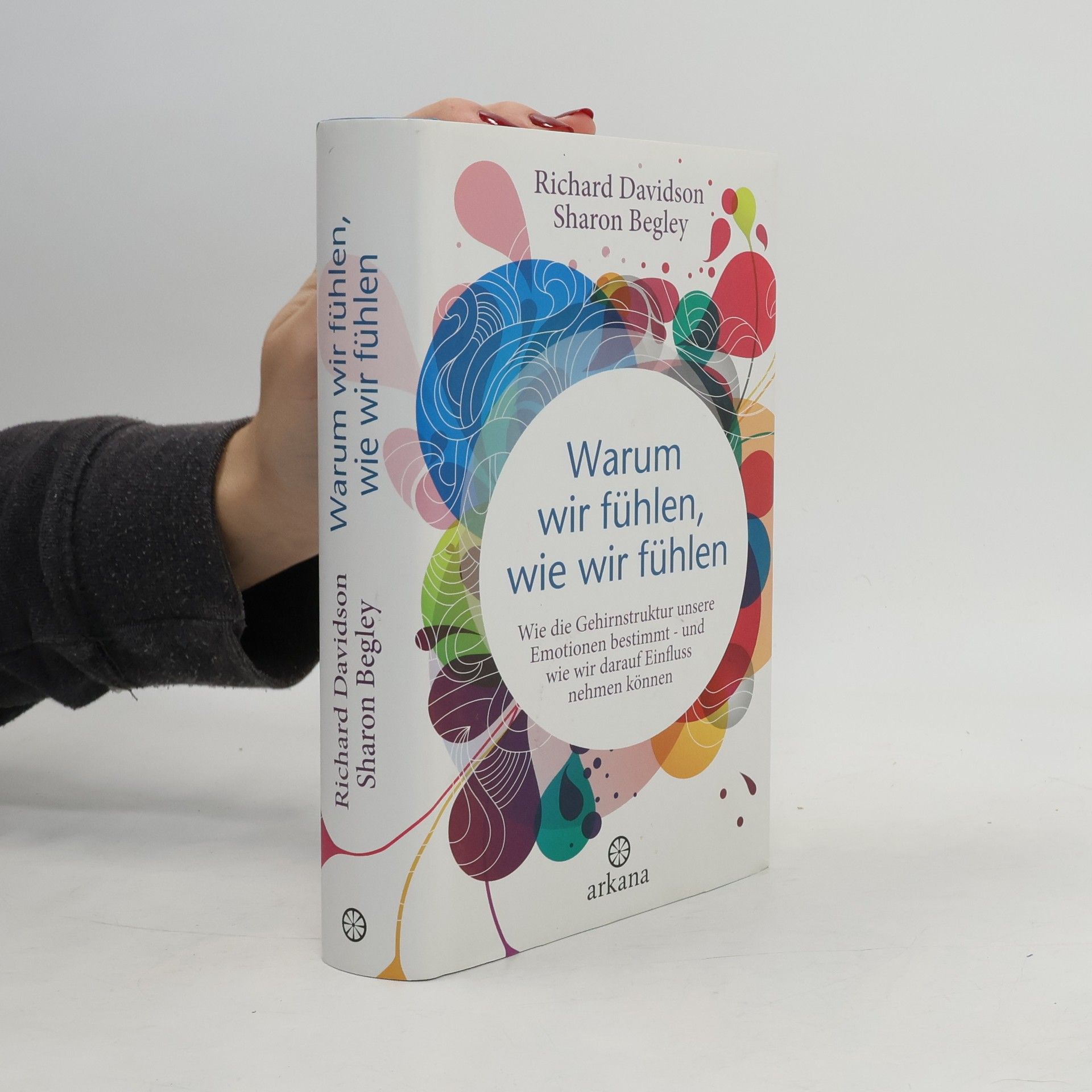
Warum regst du dich so auf?
- 416 Seiten
- 15 Lesestunden
Das bunte Gefühlsleben unserer grauen Zellen Sind Sie schüchtern oder selbstbewusst? Sensibel für Stimmungen oder eher gefühlsblind? Wie leicht oder schwer kommen Sie über Rückschläge und Kränkungen hinweg? Richard Davidson, einer der weltweit führenden Gehirnforscher, entschlüsselt das Geheimnis unserer Gefühle. Unser »emotionaler Stil« entscheidet darüber, wie wir mit anderen umgehen, wie wir leben, lieben und arbeiten. Es hilft, dieses persönliche Gefühlsmuster zu erkennen – um es nötigenfalls zu verändern. Zusammen mit der Wissenschaftsjournalistin Sharon Begley stellt er ein faszinierendes Modell vom Ursprung, der Macht und der Formbarkeit unserer Emotionen vor. Ein spannendes Wissenschaftsbuch, das uns zeigt, wie ein klügerer Umgang mit unseren Emotionen gelingen kann.
Brain Asymmetry
- 752 Seiten
- 27 Lesestunden
Furniture
- 192 Seiten
- 7 Lesestunden
This is an illustrated pocket guide to identifying and dating furniture for collectors. Each double-page spread is devoted to a particular item and gives a question-and-answer guide to identification, followed by a detailed analysis. There are notes on fakes and restorations. The guide features analyses of individual types of furniture, organized by category and period, from America, England and the continent. Special spreads are given over to woods, legs and feet, handles, pediments and mouldings. Special categories include drawered furniture, seat furniture, tables, writing furniture, bookcases and cabinets, mirrors and beds. A companion checklist of art deco antiques is published simultaneously.
What is your emotional fingerprint? Why are some people so quick to recover from setbacks? Why are some so attuned to others that they seem psychic? Why are some people always up and others always down? In his thirty-year quest to answer these questions, pioneering neuroscientist Richard J. Davidson discovered that each of us has an Emotional Style, composed of Resilience, Outlook, Social Intuition, Self-Awareness, Sensitivity to Context, and Attention. Where we fall on these six continuums determines our own “emotional fingerprint.” Sharing Dr. Davidson’s fascinating case histories and experiments, The Emotional Life of Your Brain offers a new model for treating conditions like autism and depression as it empowers us all to better understand ourselves—and live more meaningful lives.
Draws on studies with leading neuroscience researchers and the Dalai Lama to examine the health benefits of meditation, in a transcript of a scientific conference at Washington, D.C.'s Mind and Life Institute that explores the mind's capacity for influencing physical disease.
Altered traits: Science reveals how meditation changes your mind, brain, and body
- 336 Seiten
- 12 Lesestunden
Sweeps away the misconceptions around mindfulness and other forms of meditation, showing how smart practice can change our personal traits and even our genome for the better. Goleman and Davidson reveal what we can learn from a one-of-a-kind data pool that includes world-class meditators. They share for the first time findings that show how meditation--without drugs or high expense--can cultivate qualities such as selflessness, equanimity, love and compassion, and redesign our neural circuitry
The Science of Meditation
- 336 Seiten
- 12 Lesestunden
Drawing on cutting-edge research, friends and Harvard collaborators Daniel Goleman and Richard Davidson expertly reveal what we can learn from a one-of-a-kind data pool that includes world-class meditators. They share for the first time remarkable findings that show how meditation - without drugs or high expense - can cultivate qualities such as selflessness, equanimity, love and compassion, and redesign our neural circuitry. Demonstrating two master thinkers at work,The Science of Meditationexplains precisely how mind training benefits us. More than daily doses or sheer hours, we need smart practice, including crucial ingredients such as targeted feedback from a master teacher and a more spacious worldview. These two bestselling authors sweep away the misconceptions around these practices and show how smart practice can change our personal traits and even our genome for the better. Gripping in its storytelling and based on a lifetime of thought and action, this is one of those rare books that has the power to change us at the deepest level.
The Emotional Life of Your Brain
How Its Unique Patterns Affect the Way You Think, Feel, and Live
- 279 Seiten
- 10 Lesestunden
How to retrain our brain to improve our emotional behaviour by pioneering neuroscientist
Fragments from a Fractured Mind: Short Fiction and Nonfiction
- 198 Seiten
- 7 Lesestunden
The collection features a diverse array of Richard Davidson's shorter works, including short fiction, poetry, researched nonfiction, and excerpts from his novels. These pieces offer insights into the author's creative process and are designed for readers seeking a break from longer narratives. Ideal for leisurely moments or rainy days, the compilation presents a curated selection that showcases the richness of Davidson's writing style and thematic explorations.
